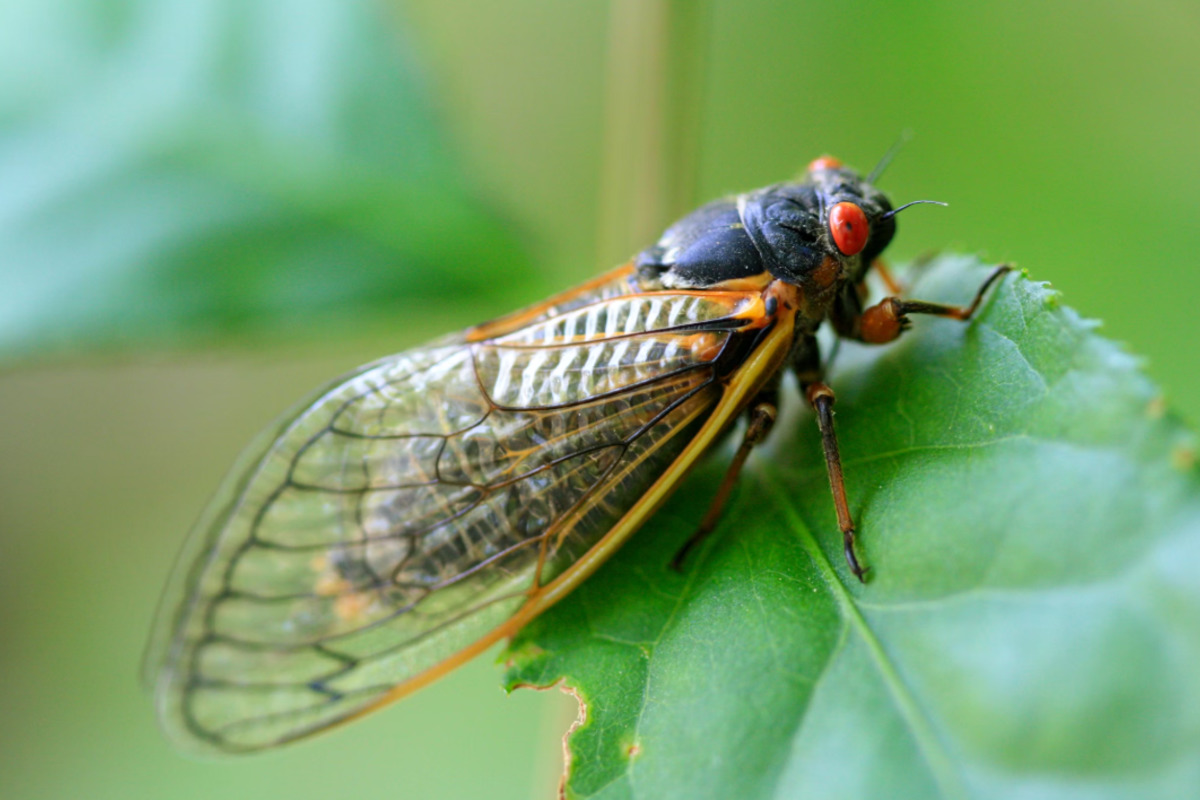Massachusetts residents and visitors should gear up for the soundscape of summer, because Brood XIV, the second-largest group of periodical cicadas, is poised to make their presence known after a lengthy 17-year nap underground, according to information shared by Boston 25 News and confirmed by CBS News Boston.The soil's warming to 64 degrees marks the green light for these insects to break through to the surface, Cape Cod is on the map for this natural phenomenon, which adds a twist since the sandy conditions there aren't typically cicada-friendly though John Cooley, a cicada specialist from the University of Connecticut, clarifies that such emergence patterns can be patchy, and Massachusetts is no exception with numbers and noises starting to spike possibly as May turns the corner to June; those keen on keeping track of this can resort to the Cicada Safari app, a tool for cicada enthusiasts and the curious alike.While they're busy creating a buzz that can rival a hairdryer running at full blast, these periodical guests are considered largely harmless by the scientific community — they neither bite nor sting and pose little long-term risk to the green canopy they use for their reproductive cycle.
"The species themselves go back a couple of million years, so they have made their peace with our forests," John Cooley told CBS News Boston, adding a note of reassurance about their benign impact on local trees.Discussion about cicadas invariably flutters towards climate change too, and here Cooley notes that changing weather patterns may prompt earlier emergences or lead to mistakes in brood cycles, with some cicadas popping up at off-times, "Plenty of cicadas in Broods I and X are going to make mistakes this time around, and they're going to get reported as Brood XIV," this reality paints a changing portrait of where and when these insects make their debut, and while they serve as crunchy snacks for the daring or the unwary pets, mercury content concerns suggest they're not dining material for dogs or people, as mentioned on CBS News Boston..

Environment

Massachusetts Braces for Cicada Serenade as Brood XIV Prepares to Emerge After 17-Year Slumber

Brood XIV cicadas are set to emerge in Massachusetts after 17 years underground, with their loud buzzing and benign nature toward trees and humans. Specialists discuss potential climate change impacts on their cycles.















